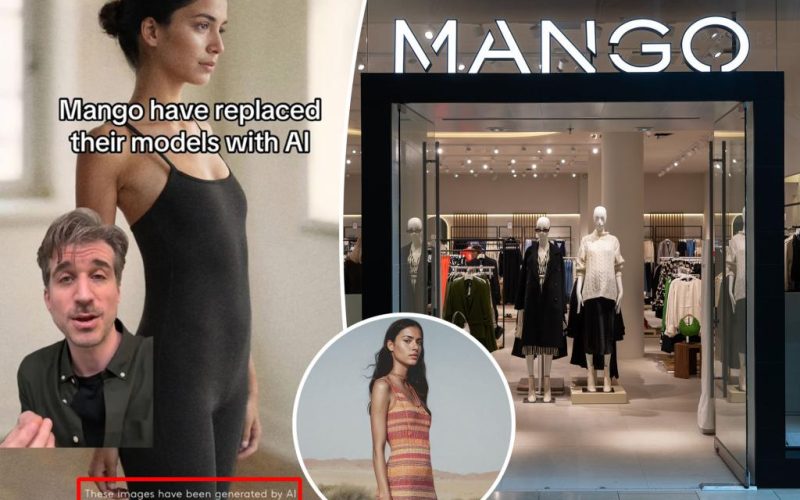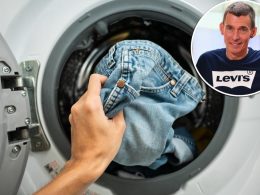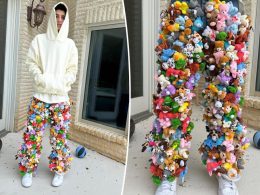They’re modeling a scary concept.
A big fashion brand using digitally made models for its clothing advertisements has recently begun facing backlash for the industry-altering practice — just as it launched another AI campaign targeting teens.
For Mango, already seeing its highest revenues in 40 years, the addition of AI models last summer is “about faster content creation,” its CEO, Toni Ruiz, told Bloomberg last month.
But customers aren’t buying it.
TikTokker Marcos Angelides, who does video series on AI in advertising, started a debate on Mango’s practice in a clip hashtagged #falseadvertising.
He dove into the gray areas around the practice and engaged in feedback regarding several commenters’ worrisome thoughts.
“So, if a mascara brand uses fake eyelashes in an ad, they’ll get in trouble, but if a pizza brand uses glue to make the cheese look gooier, it’s just seen as pop design,” he said on camera of the “inconsistent” sets of rules.
Angelides said that generative AI, used to create non-human models and ads, is bound to “redefine” how the industry should appropriately harness this technology.
“Is the text simply a creative tool, like applying Photoshop, or just a lens to the ads?” he asked.
“Or is it false advertising because the models and the clothes they’re wearing don’t actually exist? Right now, nobody knows.”
Others expressed frustration that this could put people out of work.
“Another batch of creative jobs dismissed,” a user scoffed.
Beyond ethics, shoppers shared their biggest quality concerns with AI models in the video’s comments.
“When I order clothes online, I look at the pictures to see how the actual clothes fit. AI pics are completely useless for that,” one commented, and one more said the idea is “very wrong.”
“So potentially what arrives could be and fit completely differently I think it leaves them open to a lot of complaints,” wrote another.
Angelides replied to that comment and cited that consumer protection laws are in place, “and this includes shoppers expecting the products to reflect the ads.”
Legal or not, multiple TikTok users suggested a way for customers to take back some control and have companies abide by consumer standards.
“Just don’t buy from Mango [until] they stop this,” one commented as another called for a “boycott.”








